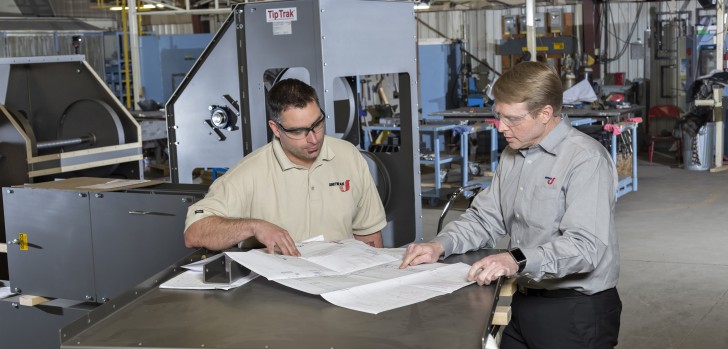Perlite
Perlite, a versatile mineral formed from volcanic glass, boasts a range of unique properties that make it invaluable across various industries. From its lightweight nature to its excellent insulating properties, perlite finds extensive application in construction, horticulture, filtration, and beyond. However, navigating the challenges of bulk material conveying with perlite requires specialized equipment, such as UniTrak's innovative solutions tailored to handle the complexities of this material.
At a Glance
Perlite originates from the volcanic activity where obsidian, or volcanic glass, is rapidly cooled, leading to the formation of small, spherical structures. These structures, when heated, expand significantly, resulting in a lightweight, porous material with exceptional insulation properties. Due to its low density and high porosity, perlite is widely used as an aggregate in lightweight concrete, as a soil amendment for horticulture, and as a filtration medium.
- Lightweight: Perlite's low density makes it easy to handle and transport, reducing material handling costs.
- Insulating: Perlite's porous structure provides excellent thermal insulation, making it ideal for applications where temperature control is critical.
- Non-toxic: Perlite is chemically inert and non-toxic, making it safe for use in food processing, pharmaceuticals, and other sensitive applications.
- Abrasive: Despite its lightweight nature, perlite can be abrasive, posing challenges to equipment and processes during bulk material handling.

Common Uses
- Construction Industry: Perlite is extensively used in lightweight concrete production due to its low density and insulating properties. It enhances the workability of concrete mixes and reduces construction costs.
- Horticulture: Perlite is a key component in soilless potting mixes, providing aeration, drainage, and moisture retention for healthy plant growth. It also prevents soil compaction, promoting root development.
- Filtration: In various industries, perlite serves as a filtration aid for liquids, gases, and air. Its high surface area and irregular particle shape make it effective in removing impurities and solids from fluids.

Challenges in Conveying
Conveying perlite in bulk poses several challenges due to its abrasive nature. Abrasion can cause equipment wear and tear, leading to increased maintenance costs and downtime. Additionally, perlite's lightweight and irregular particle shape can result in material buildup and flow issues, further complicating the conveying process.
Equipment Options
UniTrak's extensive experience in bulk material handling allows them to offer tailored solutions for handling perlite effectively.
Among UniTrak's equipment options, the TipTrak bucket conveyor stands out for its ability to handle abrasive materials like perlite with minimal wear and maintenance.
The TipTrak's interlocking buckets ensure reliable and gentle conveying, reducing the risk of material degradation and dust generation.
Additionally, UniTrak's Powderflight aeromechanical conveyor provides an enclosed conveying solution, minimizing dust emissions and protecting the perlite from contamination.
Perlite's unique properties make it indispensable across various industries, from construction to horticulture and filtration. However, navigating the challenges of bulk material conveying with perlite requires specialized equipment designed to handle its abrasive nature and irregular particle shape. UniTrak's deep experience in customized bulk material handling equipment positions them as a reliable partner for industries seeking efficient and reliable solutions for perlite handling. With innovative equipment like the TipTrak and Powderflight conveyor systems, UniTrak ensures optimal performance and longevity, minimizing downtime and maximizing productivity in perlite processing operations.
